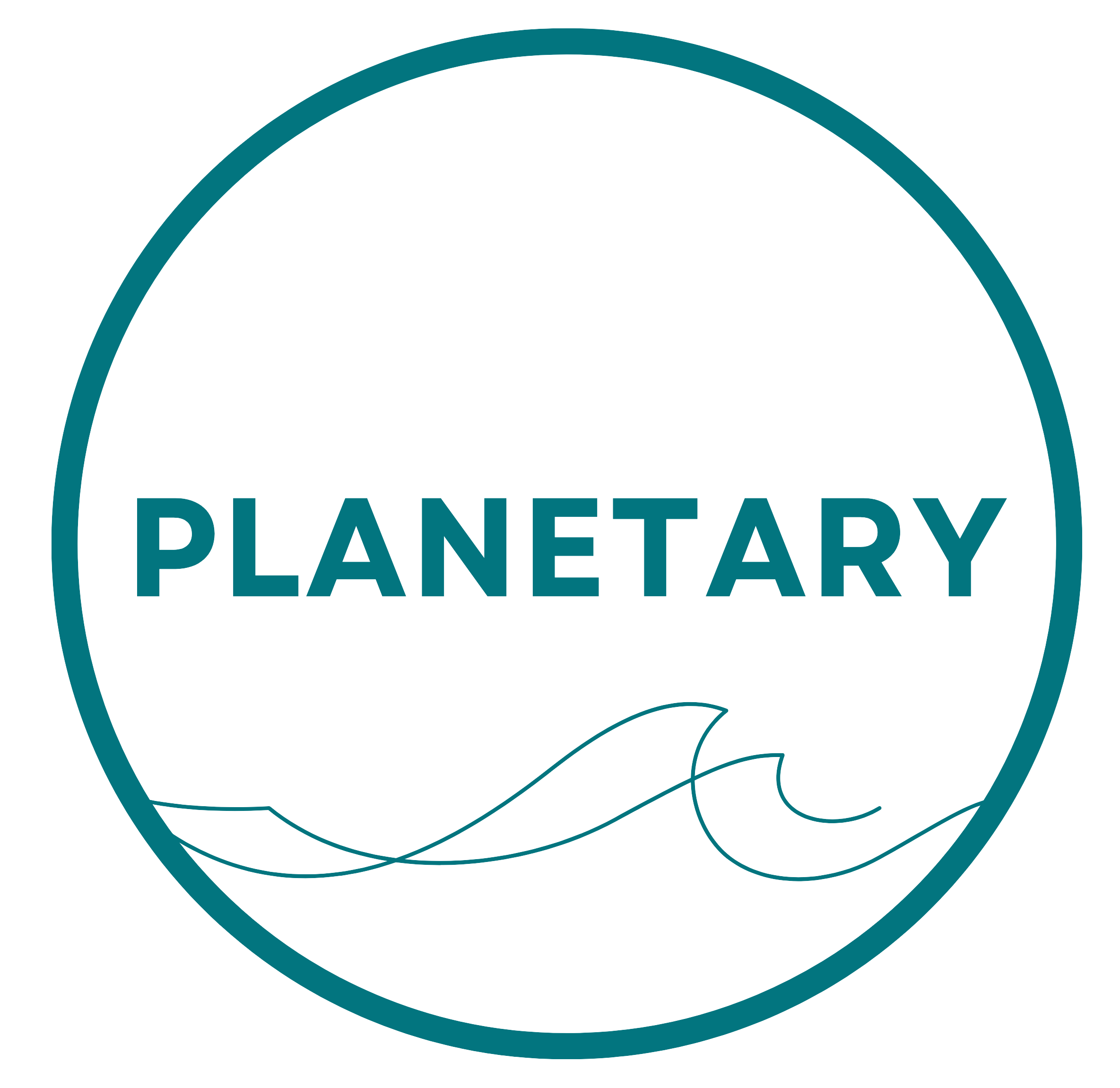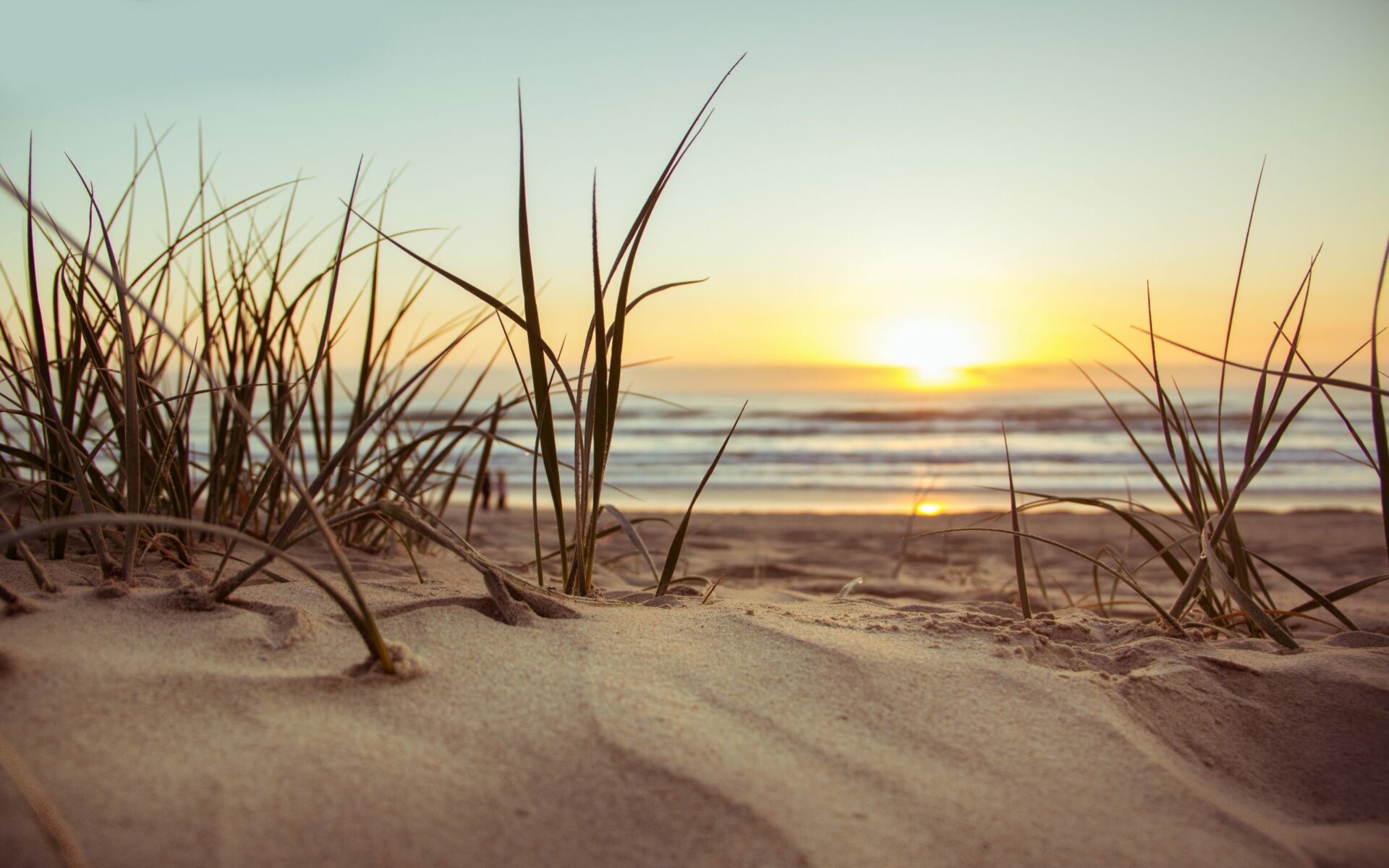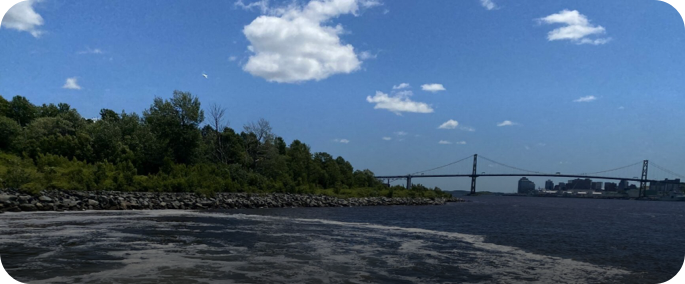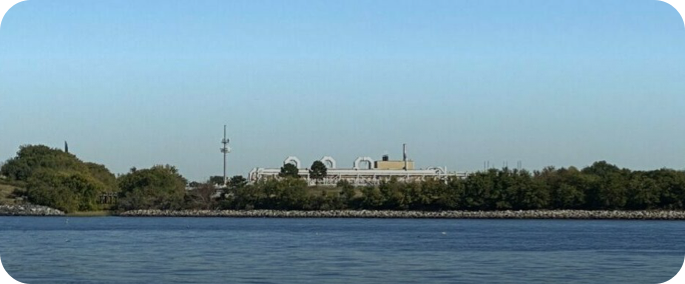Planetary’s Projects
Planetary is currently leading the initial stages of several small projects designed to field-test our Ocean Alkalinity Enhancement (OAE) methods.
Each of these projects begins carefully, and scales up only as we are reassured that the project can be operated safely and effectively.
Staying Involved
The Planetary team is determined to meet the climate crisis with thoughtful and careful action.
Planetary is committed to co-designing our ocean alkalinity projects with local communities, including any people who stand to be impacted by our work, to maximise benefits to the community.
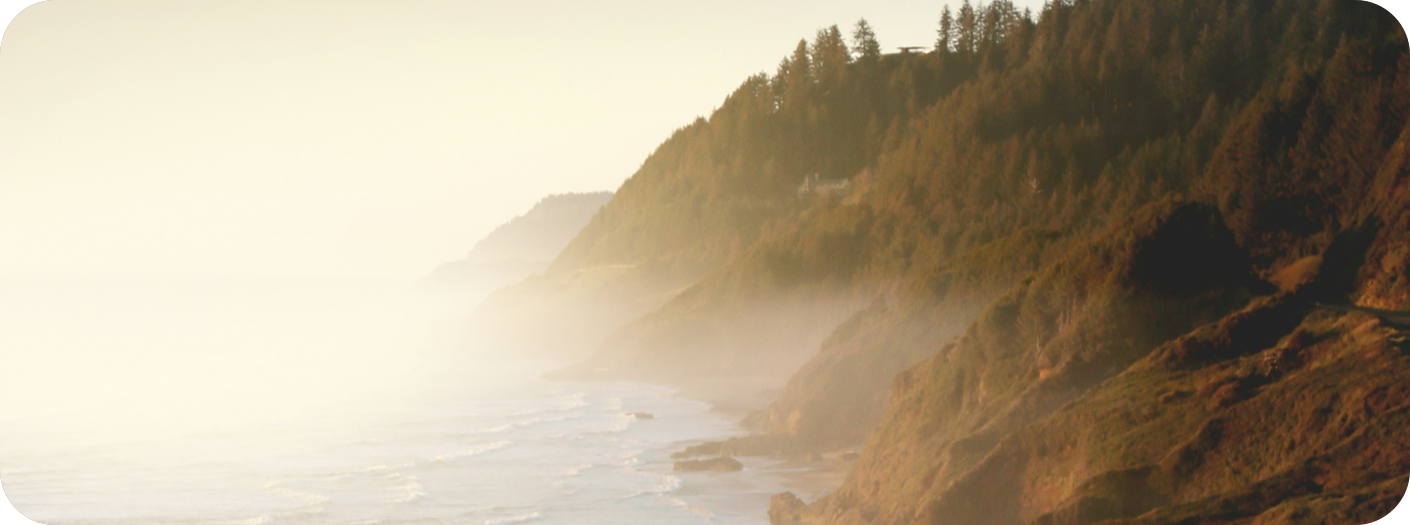
Ocean scientists around the world are calling for field research into marine carbon removal, and we are answering the call.
Planetary is excited to contribute to these studies. Our projects help us improve our understanding of how our Ocean Alkalinity Enhancement (OAE) process operates outside the lab, contribute to decades of research on the benefits and impacts of alkalinity addition to seawater, and identify promising sites for future OAE deployment.
Field Trial Goals
Verify the safety of the project: ensure that there are no negative impacts on the local environment, and determine whether potential positive benefits can be observed.
Verify that Planetary’s OAE method is effective at removing excess atmospheric CO2 at each of our project sites.
Confirm the efficiency of the overall process: how much carbon we can verifiably remove per unit of antacid.
Refine our monitoring techniques to observe interactions with ocean chemistry and local ecosystems.
Identify appropriate sites for future OAE project deployment.
Verify the accuracy of models built to predict how currents and alkalinity move through the water in coastal areas, and improve their precision for future use.
Gather data to share with the community, so that community members are empowered to co-design and co-develop steps towards future alkalinity additions (if additions are collectively deemed appropriate).
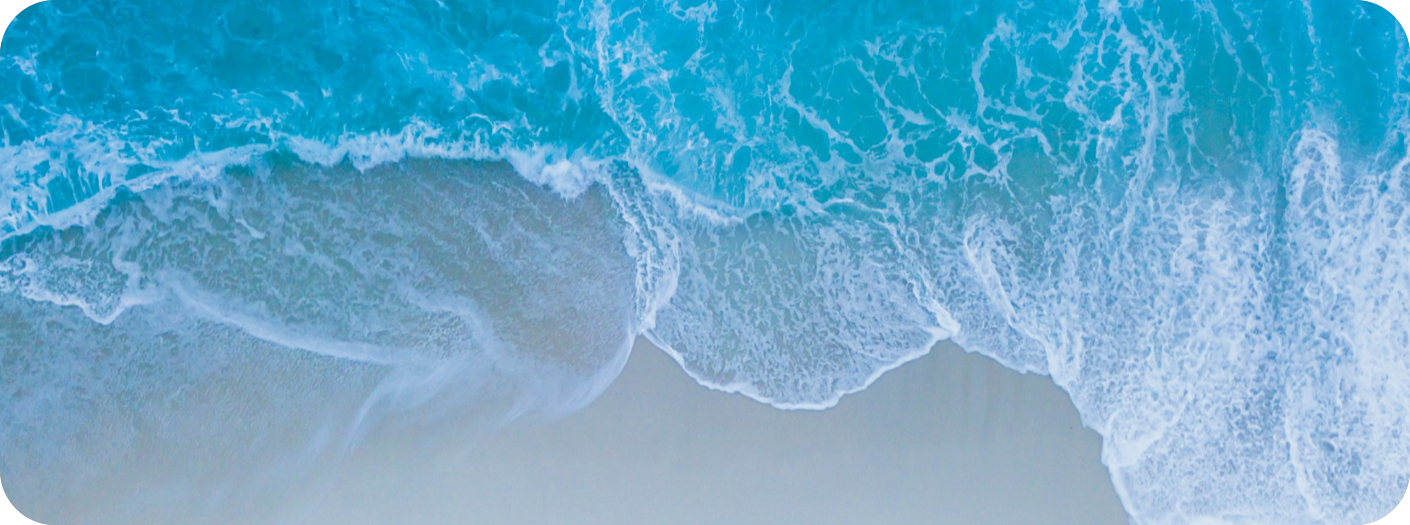
Planetary commits to providing real voice to the community.
We will work together to determine whether and under what conditions
a project will be fully deployed at any given location.
